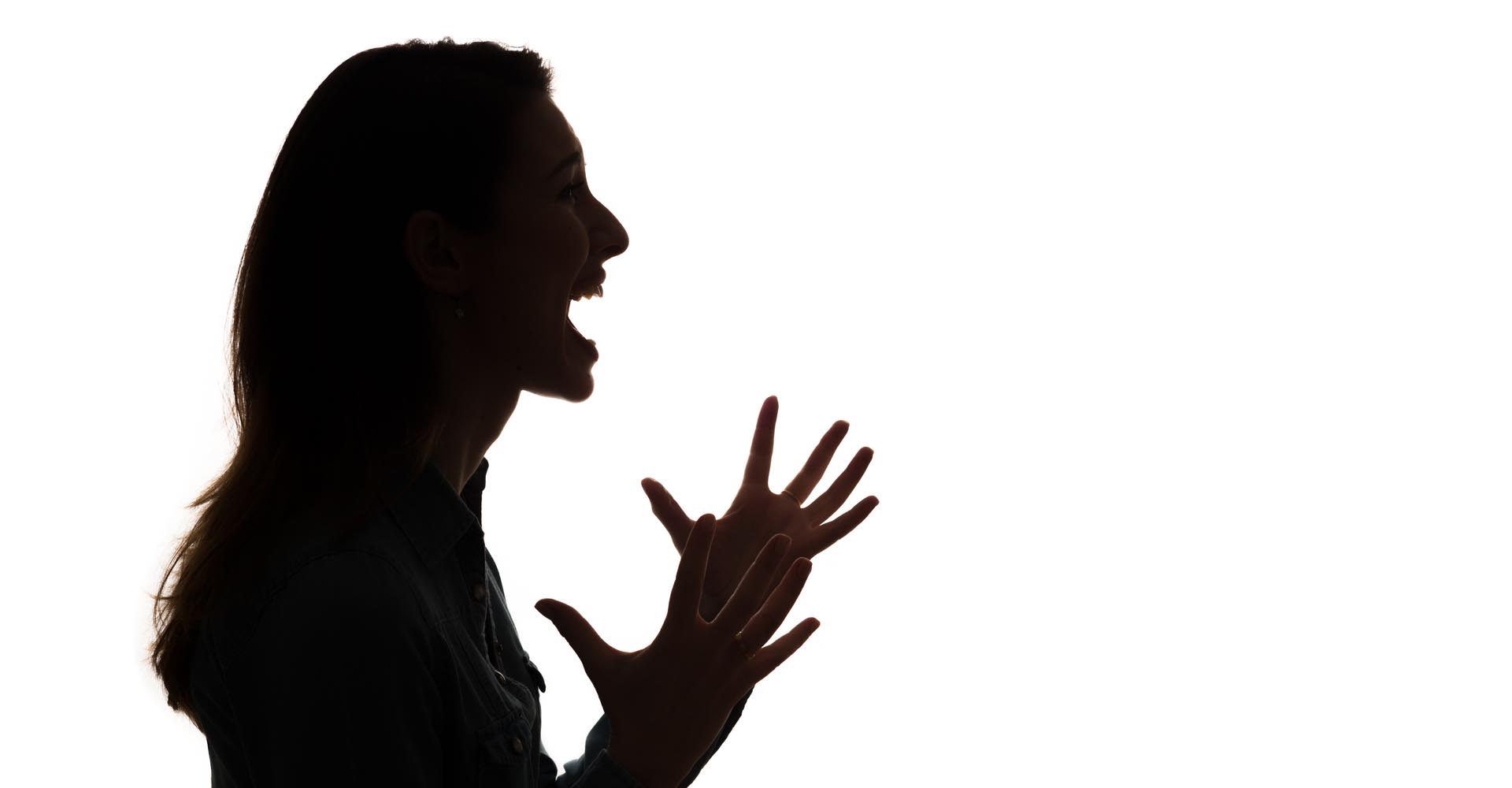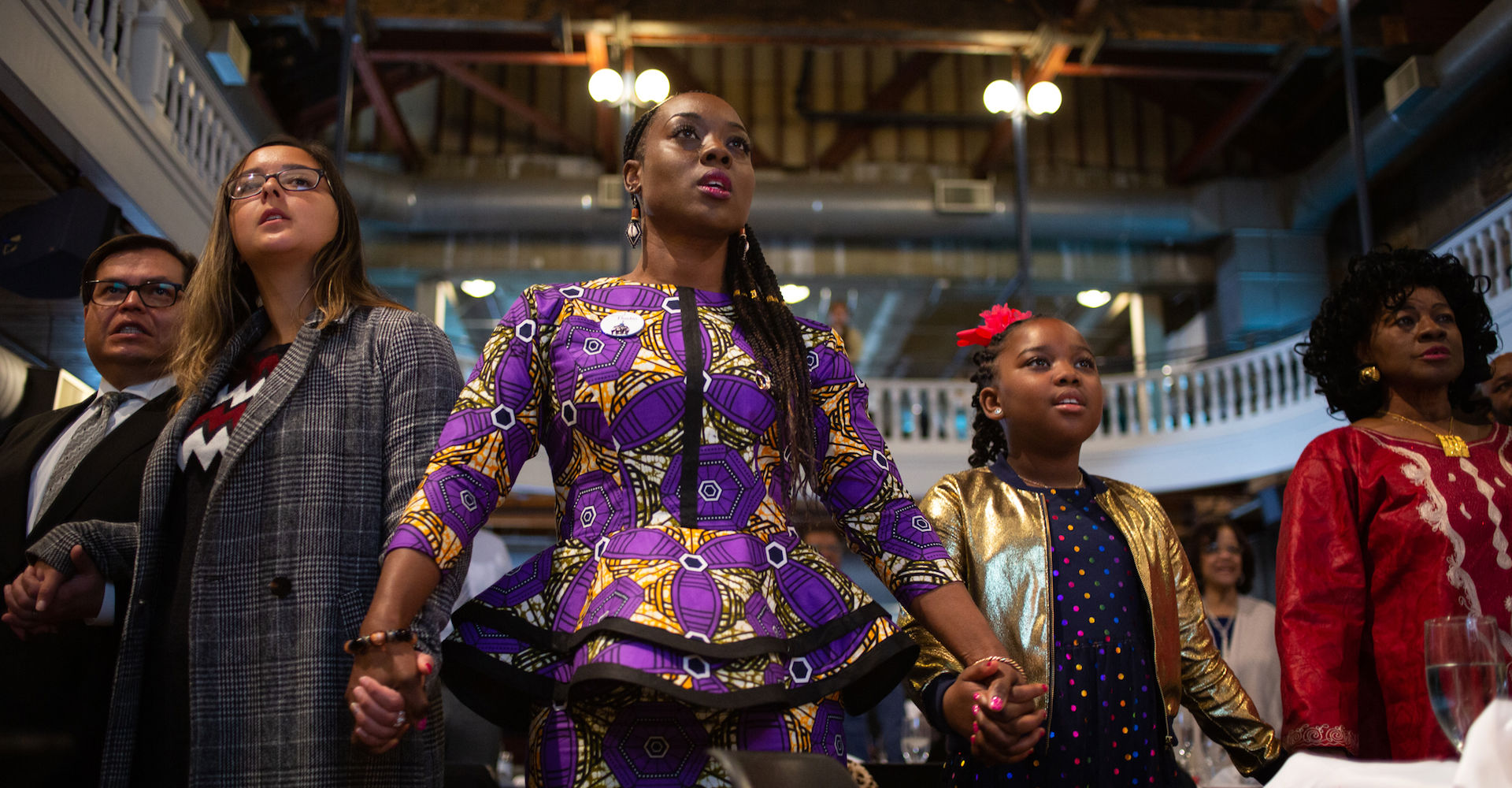We need to talk about ‘Karen’
Here’s how a humorous internet meme gradually took a sinister and racist turn.

At first, she just wanted to speak to the manager.
When video clips featuring “Karen” started appearing a few years ago, everyone seemed be in on the joke. Most people recognized the stereotype – a shouty, middle-aged white woman with an unbearably righteous attitude – as a caustic but humorous take on entitlement.
But what made the meme especially funny was that it rang so true. “People in privileged groups often do become outraged when things don’t go exactly their way,” explains Anna Ropp, Ph.D., psychology professor at Metropolitan State University of Denver. “They believe their outlook should be universally accepted because their views are reinforced by society all the time.”
The meme’s humor didn’t last. Instead, it took a negative turn after the COVID-19 pandemic hit in March. Suddenly, Karen was throwing sneakers at retail staff, wrecking shop displays and deliberately coughing on or threatening to sue anyone who asked her to wear a mask.
Calling the cops
But even before this year, the videos started to appear more troubling than humorous. And as the Karen meme grew in popularity, it became increasingly difficult to ignore how often she was harassing people of color.
When protests over systemic racism swept the country in May, Karen graduated to the front line of America’s troubled social politics. As millions turned out for social justice, hundreds of new videos emerged showing Karen (and often Ken, her male counterpart) engaging in overtly racist behavior.
In just the past couple of months, people of color have found themselves unable to swim in a pool, exercise in a public park, install a patio, use a gas-station shop, do landscaping work, make a food delivery, go for birthday dinner or even eat berries without incurring Karen’s wrath. And forget the manager – these days, Karen’s calling the cops.
Old stereotype
Where did “Karen” come from? The short answer is that she has always been here, in one form or another. When Emmett Till was murdered in Mississippi in 1955, for example, it followed false allegations by a white woman.
The current meme simply gives a fresh label to a stereotype that has been around for a long time. “Believe me,” Ropp says, “no person of color was surprised by the appearance of Karen.”
One of the more shocking aspects of the videos is how comfortable many aggressors seem to be with publicly using racist slurs.
“Most people tend to form relationships with others who share their attitudes,” Ropp says. “And that can lead to group polarization, meaning you’ll only ever hear one side of a debate or topic.”
That, in turn, can make people more radical and convinced that their ideas simply must be the right ones, she says. “It’s called the false consensus effect,” Ropp says. “Ultimately, you end up with groups of people who genuinely don’t realize how appalling they sound to others.”
Eye-opening video
Thanks to smartphone cameras, millions of white Americans are now seeing videos of these ugly, racist interactions for the first time.
“It’s a very interesting time,” Ropp says. “People of color can now say, ‘This is what happened,’ and substantiate it, which is a real game-changer. Because frankly, many people would otherwise be more likely to believe the white person, even though they might not consciously acknowledge that.”
For all the befuddled Karens and Kens suddenly caught in the harsh glare of public scrutiny, we can only hope that their disgrace leads to serious reflection. But achieving lasting change on a grander scale will be a lot trickier.
Research shows that changing social norms can have a huge impact on reducing racist behavior – but the catch is, those social norms first have to change, Ropp says. Essentially, some people stop being racist only once they feel the permission structure is gone.
And there’s another important point: Leadership really matters. “If someone in power uses racist ideology, everyone else will find it easier to act the same way,” Ropp says. “But when leaders emphatically state that such language is not OK, it quickly becomes much less socially acceptable.”
Given today’s tense political climate, imminent change might seem unlikely. And yet Ropp isn’t entirely pessimistic: “The path of history in the U.S. is often very slow. But sometimes – as with LGBTQ rights recently and racial justice today – it can suddenly progress very abruptly.”
So, who knows? Maybe Karen’s days are numbered. She’d definitely want to speak to the manager about that.







